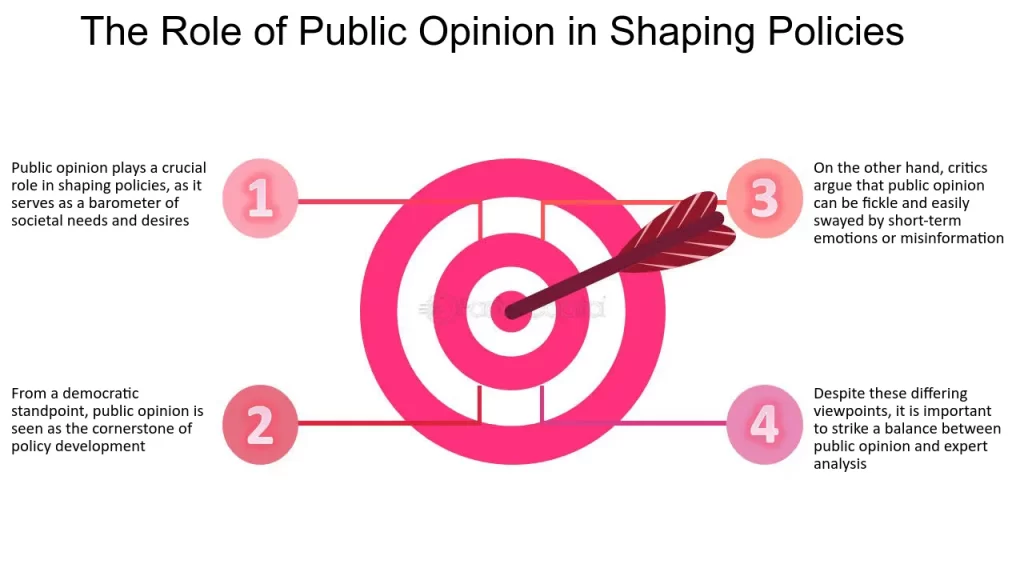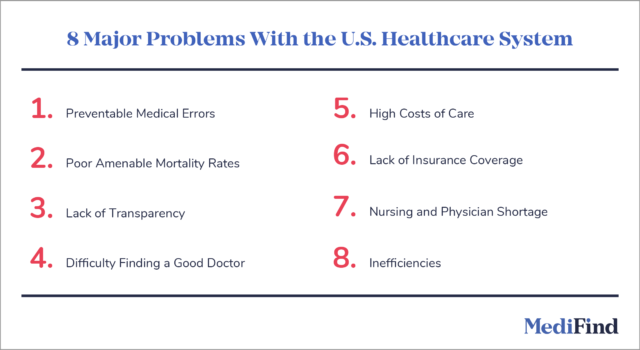How Healthcare Issues Shape US Politics
Healthcare is a central issue in US politics. It affects many aspects of American life, from personal health to the economy. Here’s a look at how healthcare issues shape politics in the United States.
The Importance of Healthcare in Political Debates
Healthcare is often at the center of political debates in the US. Politicians discuss it because it impacts everyone’s daily life. For many Americans, healthcare is a top priority. They want to know if they can afford medical care and if they have access to quality services. Political leaders address these concerns to win voters’ support. They propose plans to improve healthcare, reduce costs, and expand access. The importance of healthcare in politics reflects how it affects people’s lives and the nation’s future.
Major Healthcare Issues in the US
Several key healthcare issues drive political discussions. These include:
- Health Insurance Coverage: Many Americans worry about having health insurance. Some people have it through their jobs, while others rely on government programs like Medicare and Medicaid. Politicians debate how to make health insurance more affordable and accessible for everyone.
- Prescription Drug Costs: The cost of prescription drugs is a significant concern. High prices can make it hard for people to afford necessary medications. Politicians often discuss ways to lower drug prices and make them more affordable.
- Access to Healthcare Services: Access to healthcare services varies across the country. In some areas, people have many healthcare facilities nearby, while in others, services are scarce. Improving access to healthcare, especially in rural and underserved areas, is a common political topic.
- Healthcare Quality: Ensuring that healthcare services are high quality is crucial. Politicians debate how to improve the quality of care and ensure that all Americans receive effective and safe medical treatment.
These issues shape political platforms and influence election outcomes. Candidates often present their plans to address these concerns, hoping to appeal to voters who care about healthcare.
How Healthcare Reform Impacts Elections
Healthcare reform is a major factor in US elections. Politicians often use healthcare proposals to distinguish themselves from their opponents. Candidates might support expanding existing programs like the Affordable Care Act or propose new ideas, such as universal healthcare or single-payer systems.
For example, during presidential elections, candidates might focus on their healthcare plans to attract voters. Those who support expanding government programs may appeal to people who want more comprehensive coverage, while those favoring private-sector solutions might attract voters who prefer less government involvement.
Healthcare reform also affects Congressional races. Senators and Representatives might campaign on their support for or opposition to specific healthcare policies. Their positions on healthcare can influence voters’ choices, making healthcare a key issue in many races.
The Role of Healthcare Lobbyists and Interest Groups
Healthcare lobbyists and interest groups play a significant role in shaping healthcare policy. These groups represent various stakeholders, including medical professionals, pharmaceutical companies, and insurance providers. They work to influence lawmakers and government officials to support policies that benefit their interests.
Lobbyists often meet with legislators, provide information, and advocate for specific policies. They may also contribute to political campaigns and use media to sway public opinion. Their efforts can impact the direction of healthcare policy and reform.
Interest groups also play a role in shaping healthcare politics. They organize campaigns, rally supporters, and push for changes in policy. For instance, groups advocating for patients’ rights may campaign for lower drug prices or better access to healthcare services.
Public Opinion and Healthcare Policy

Public opinion significantly influences healthcare policy. Politicians pay close attention to what voters think about healthcare issues. If a majority of people support a particular healthcare reform, politicians are more likely to advocate for it.
Surveys and polls help gauge public opinion on healthcare topics. When people express strong views on healthcare, it can drive political action and lead to policy changes. For example, widespread support for the Affordable Care Act led to its passage, while backlash against it led to efforts to repeal or modify it.
Politicians often use public opinion to guide their decisions and shape their healthcare policies. They may propose reforms that align with what most voters want or address concerns raised by the public.
The Impact of Healthcare Costs on the Economy
Healthcare costs have a significant impact on the economy. Rising medical expenses can strain household budgets and increase government spending. Politicians often debate how to control healthcare costs and ensure that spending is sustainable.
High healthcare costs can affect businesses as well. Employers may face higher insurance premiums, which can lead to increased prices for goods and services. Politicians might address these concerns by proposing cost-saving measures or reforming how healthcare is financed.
Economic considerations also play a role in healthcare policy discussions. For example, policymakers may debate the economic impact of expanding health coverage versus the potential savings from preventive care and improved health outcomes.
The Influence of Healthcare on Social Justice and Equity
Healthcare is closely tied to issues of social justice and equity. Disparities in access to care can lead to unequal health outcomes among different groups. Politicians often address these disparities in their healthcare policies.
Efforts to improve healthcare equity focus on reducing barriers to care for underserved populations. This includes addressing issues such as racial and economic disparities, ensuring that everyone has access to quality care regardless of their background.
Social justice advocates push for policies that address these inequities and promote fair access to healthcare services. Political leaders who support these initiatives may attract voters concerned about equality and justice.
The Future of Healthcare Politics
The future of healthcare politics will likely involve ongoing debates and reforms. As new challenges and opportunities arise, politicians will continue to address healthcare issues. Advances in medical technology, changes in population demographics, and shifts in public opinion will shape the future of healthcare policy.
Future political discussions may focus on topics such as personalized medicine, mental health care, and the integration of new technologies into the healthcare system. Policymakers will need to navigate these evolving issues to create effective and sustainable healthcare solutions.
In conclusion, healthcare issues profoundly impact US politics. From shaping election outcomes to influencing policy decisions, healthcare is a central concern for politicians and voters alike. As the healthcare landscape continues to evolve, its role in politics will remain significant, driving discussions and shaping the future of American society.










